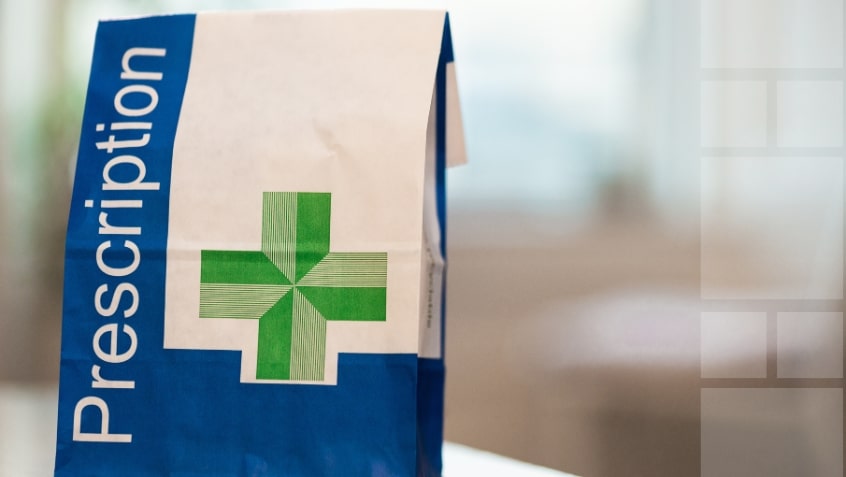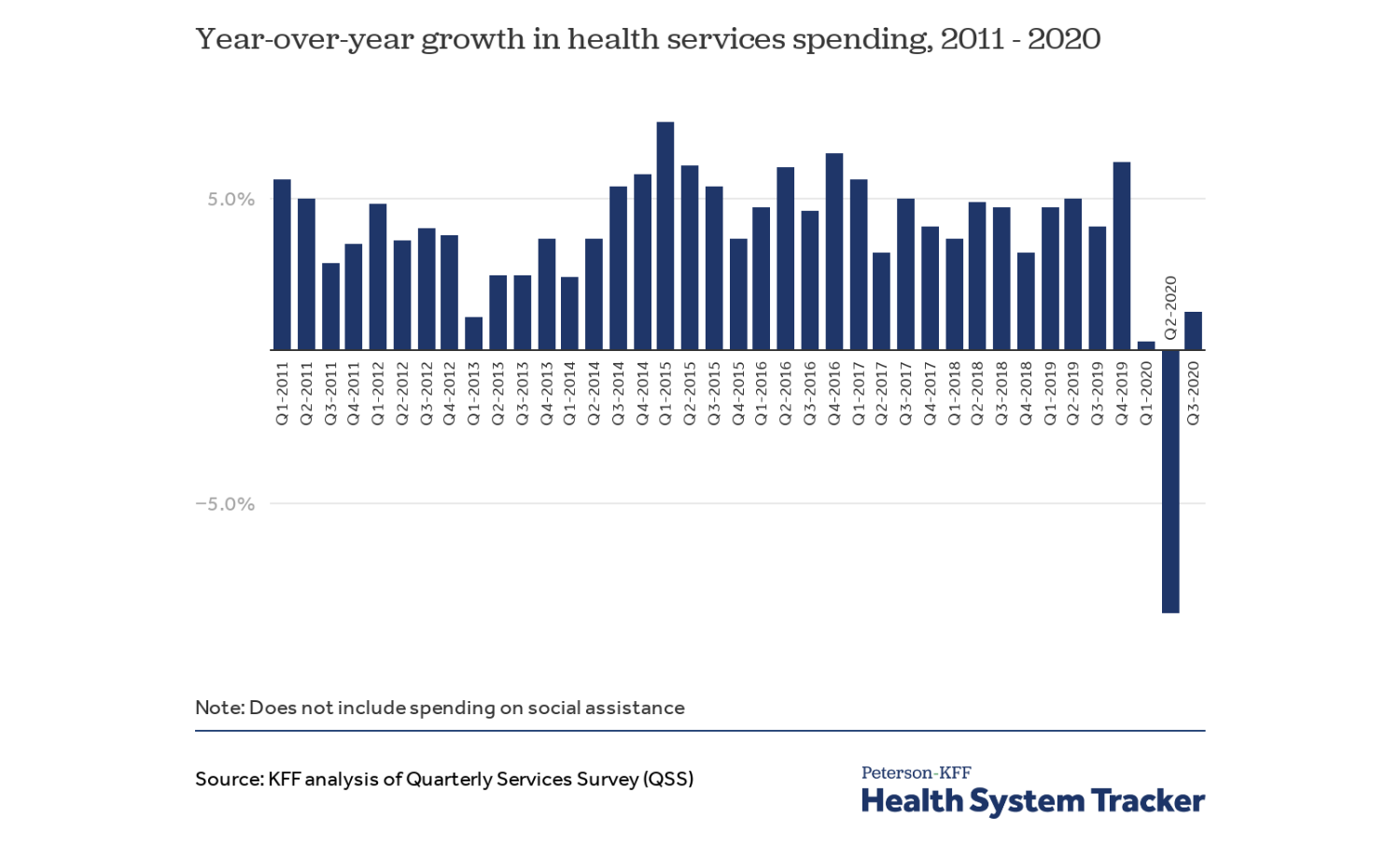
CMS Reverses Proposed Change That Would Have Weakened Part D Protections
The Centers for Medicare & Medicaid Services (CMS), the agency that runs the Medicare program, recently reversed a change to



The Centers for Medicare & Medicaid Services (CMS), the agency that runs the Medicare program, recently reversed a change to

The longstanding position of the Medicare Payment Advisory Commission (MedPAC) is that Medicare spends more overall for enrollees in Medicare

This week, the Legal Action Center released a report identifying gaps in Medicare’s coverage of common and recommended treatments for substance use disorders compared to private insurance and Medicaid.

The long-awaited vaccine to protect against COVID-19 is being distributed to health care workers, residents of long-term care facilities, and,

At the end of 2020, Congress passed sweeping legislation addressing the COVID-19 public health emergency, updating Medicare and Medicaid policies,

The Department of Health and Human Services (HHS) announced this week that Americans age 65 and older, and those with

At the start of the pandemic, estimates about the impact of the COVID-19 public health emergency, and related economic crisis, on health care spending diverged widely. Some experts predicted increased health care costs due to the expense of treating patients with the novel disease, while others anticipated reduced spending as a result of lockdowns and the deferral of non-emergent procedures and treatments.

This week, the Kaiser Family Foundation (KFF) released an analysis of different state government plans for COVID-19 vaccine distribution. Current projections show that a limited number of COVID-19 vaccine doses may start to become available as early as December, with more doses available over time.

Last week, Centers for Medicare & Medicaid Services (CMS) announced the Part B premiums and deductible amounts for 2021. Medicare Part B covers physician services, outpatient services, some home health services, durable medical equipment (DME) and some other medical services.

A court case that may invalidate controversial changes to immigration rules has had two developments this week. The case, which challenges changes that the Department of Homeland Security (DHS) made to the “public charge rule,” is one of several that have been brought asking courts to review the policy.

The Centers for Medicare & Medicaid Services (CMS), the agency that runs the Medicare program, recently reversed a change to

The longstanding position of the Medicare Payment Advisory Commission (MedPAC) is that Medicare spends more overall for enrollees in Medicare

This week, the Legal Action Center released a report identifying gaps in Medicare’s coverage of common and recommended treatments for substance use disorders compared to private insurance and Medicaid.

The long-awaited vaccine to protect against COVID-19 is being distributed to health care workers, residents of long-term care facilities, and,

At the end of 2020, Congress passed sweeping legislation addressing the COVID-19 public health emergency, updating Medicare and Medicaid policies,

The Department of Health and Human Services (HHS) announced this week that Americans age 65 and older, and those with

At the start of the pandemic, estimates about the impact of the COVID-19 public health emergency, and related economic crisis, on health care spending diverged widely. Some experts predicted increased health care costs due to the expense of treating patients with the novel disease, while others anticipated reduced spending as a result of lockdowns and the deferral of non-emergent procedures and treatments.

This week, the Kaiser Family Foundation (KFF) released an analysis of different state government plans for COVID-19 vaccine distribution. Current projections show that a limited number of COVID-19 vaccine doses may start to become available as early as December, with more doses available over time.

Last week, Centers for Medicare & Medicaid Services (CMS) announced the Part B premiums and deductible amounts for 2021. Medicare Part B covers physician services, outpatient services, some home health services, durable medical equipment (DME) and some other medical services.

A court case that may invalidate controversial changes to immigration rules has had two developments this week. The case, which challenges changes that the Department of Homeland Security (DHS) made to the “public charge rule,” is one of several that have been brought asking courts to review the policy.